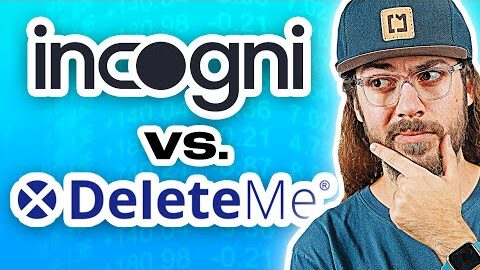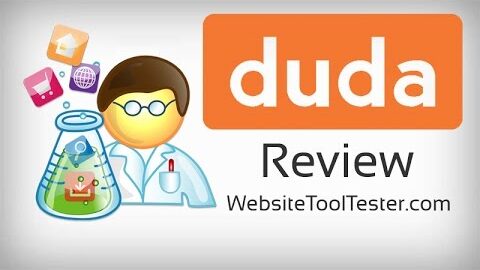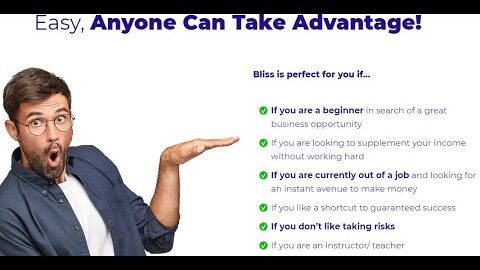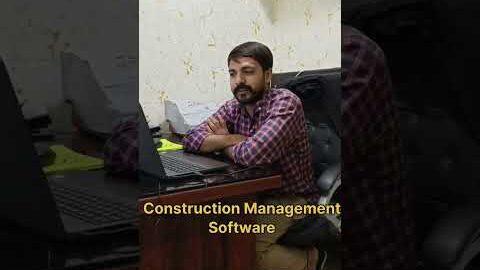ERP evaluation is an involved process. Should you follow an ERP checklist or methodology? Well, if you’re looking for a new ERP software, there’re a couple of methods companies generally follow. This video provides an overview of these methods, their pros and cons, and what you could do to evaluate your next ERP system.
RESOURCES & LINKS:
____________________________________________
Check this for more details: https://www.elevatiq.com/post/erp-system-evaluation-checklist-questions-to-ask-your-erp-consultant/
How do ERP Systems Work?: https://www.elevatiq.com/post/how-do-erp-systems-work/
ERP Purchase Process: https://www.elevatiq.com/post/a-comprehensive-review-of-erp-purchase-process/
Download the ERP Selection Guide:
https://www.elevatiq.com/guides-and-reports/erp-selection-guide/
____________________________________________
In our experience, we notice that some companies opt for the most popular option, while others for the most cost-effective option. Just because it appears cost-effective at the surface level, it doesn’t mean that it will be cost-effective from the perspective of overall cost or total cost of ownership. Other than these two options, we notice some more trends.
For example, some businesses may decide to buy based on their familiarity with the publisher or the product. Sure, the skillset and the comfort level of the team matters, but solely based on these criteria could fire back, as the processes of your previous business where you may have used this product could have been completely different from the processes of your current business.
The other trend could be going for the most relatable products or vendors. For example, suppose you met a salesperson and you connected deeply with him, or you reviewed a product that looks exactly designed for your business. The challenge with this strategy would be that if the product has only been installed a couple of times and the company that developed the product could be too small to attack a smaller market share. If that is the case, they might not have the financial means to support the product in the long term. Also, it may not work for your business if your business could be larger than where it was installed previously.
The first most important factor for your criteria would be several questions related to the publisher. If you are not familiar with the term publisher or software value chain, the software value chain follows a similar model as the commerce value chain. We have publishers, who are essentially the manufacturers of the software product, but who don’t commercialize their products to consumers like you. Then there are resellers, which are consulting companies like distributors in the commerce value chain, who are selling the product of a manufacturer.
Most software OEMs sell through their local resellers. The advantage that you get by working with a local reseller includes their expertise in local law, savings in travel costs, and their micro-industry expertise that software publishers might lack. That’s why the reseller model is so prevalent in the software industry.
While you may not be working directly with a publisher, you still need to make sure they have similar customers like you. And if they don’t, you or your consultant may not get as much attention from them. You might want to check how large the publisher is and their financial standing. Although you are working with a reseller, the publishers are responsible to develop new features, ensure that the product is compliant with newer technologies or software updates, and ongoing maintenance of the product. So, the financial standing of the publisher is extremely important.
Even among the well-known publishers, there are publishers who might not be making money. If that’s the case, the publisher’s business may not sustain for a long time. They might phase out the product in order to stay in the business or increase their prices. Such businesses are also likely to get acquired. All of these scenarios could be risky for you, so even if you’re selecting a well-known publisher, paying attention to the financial standing of the publisher will help you eliminate any risky ERP publishers.
In conclusion, while the ERP purchase process could feel overwhelming, having a structured process with well-defined criteria and checklist will reduce the risk of your project and ensure its success.
► If you need help with your ERP implementation or Digital Transformation project, check out our offerings at https://www.elevatiq.com/
►Subscribe Today for great ERP Tips: https://www.youtube.com/channel/UC5yb3kl042YzAW_GIHq6etA?sub_confirmation=1
►Follow us on LinkedIn: https://www.linkedin.com/company/elevatiq
#ERP #DigitalTransformation #CIO #CFO #Controller #ERPEvaluation #ERPSelection









